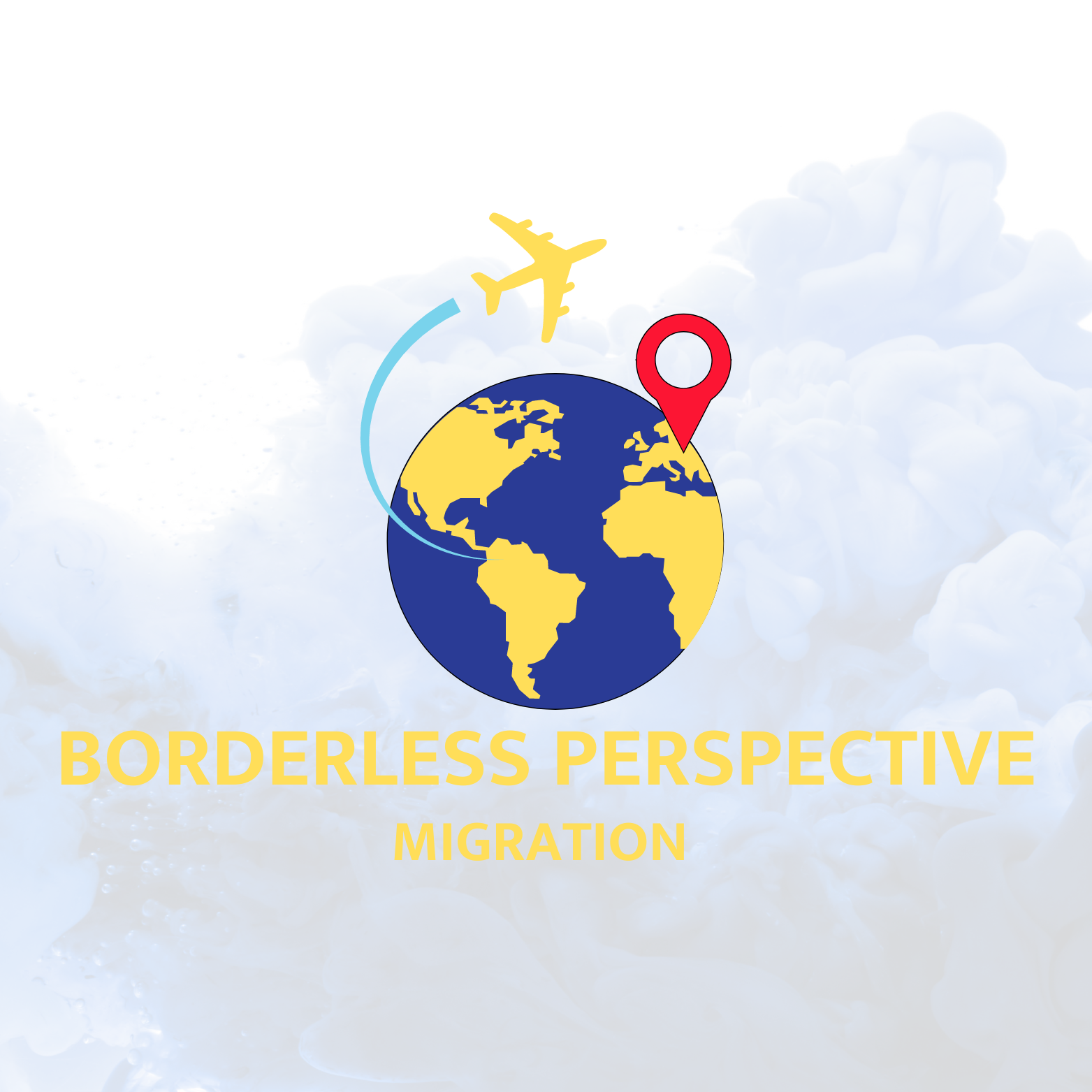
Technology-based migration management systems, such as AI, automated decision-making, and predictive analytics, have raised ethical concerns regarding human rights, data privacy, and the potential for discrimination. These systems are being increasingly used by states to strengthen border enforcement and manage migration. However, the profound human rights ramifications and real impacts on human lives are often overlooked in these technological experiments. The use of technology without proper regulation and oversight raises questions about accountability, responsibility, and informed consent. Additionally, the involvement of the private sector in collecting and processing migration data further complicates the ethical implications of these systems. It is crucial to address these ethical considerations to ensure that technology is used in a way that upholds human rights and protects the dignity and privacy of migrants.
Key Takeaways:
- Ethical implications arise from technology-based migration management systems.
- Human rights, data privacy, and discrimination are key concerns.
- Proper regulation and oversight are necessary to ensure accountability and responsibility.
- The involvement of the private sector adds complexity to the ethical implications.
- Addressing these considerations is crucial to upholding human rights and protecting migrants.
The Impact on Migration Decision-Making
The use of technology in migration decision-making has significant implications. Automated decision-making systems, such as algorithms, are being utilized to determine immigration outcomes, including visa applications and refugee status. These algorithms, driven by data analysis and predictive analytics, provide an efficient and streamlined approach to process large volumes of applications, improving the overall efficiency of migration systems. However, alongside these benefits come ethical concerns that must be addressed.
One of the key concerns is the potential for human biases and discriminatory practices within these automated systems. Algorithms are only as unbiased as the data they are trained on, and if the training data reflects underlying biases, unfair decisions can be made. This raises questions about accountability and liability. In the case of an incorrect or biased decision, who should be held responsible? Should algorithms have legal personality, and if so, how do we ensure they are held to ethical standards?
Data collection is another critical aspect of technology-based migration management systems. Personal data is often collected as part of the immigration process to assess eligibility and make informed decisions. However, this raises concerns about privacy and informed consent. Migrants may not always fully understand how their data is being used and shared, and there is a risk of data being misused or mishandled. It is essential to establish clear guidelines and frameworks to safeguard privacy rights and ensure that data is collected and used responsibly.
“The use of technology in migration decision-making has the potential to streamline processes and improve efficiency. However, it is crucial to address the ethical implications associated with automated decision-making, including human biases and privacy concerns. By ensuring accountability, transparency, and responsible data collection practices, we can strive for a migration system that is fair, just, and respects the rights and dignity of migrants.”
The Impact of Human Biases on Automated Decision-Making
One of the most concerning aspects of automated decision-making in migration is the potential for human biases to be embedded in algorithms. Biases can arise from the data used to train these systems, reflecting historical inequalities and discrimination. This results in unfair outcomes and violates the principles of justice and equal treatment. To address this, it is necessary to critically examine the datasets used to train algorithms, identify and eliminate biases, and ensure that decision-making processes are fair and non-discriminatory.
| Issue | Impact |
|---|---|
| Human Biases | Unfair outcomes and discriminatory practices |
| Privacy Concerns | Misuse of personal data and violation of privacy rights |
| Accountability | Unclear responsibility for incorrect or biased decisions |
Overall, the ethical implications of automated decision-making in migration management demand attention and action. By addressing human biases, ensuring privacy protection, and establishing clear accountability frameworks, we can harness the power of technology while upholding human rights and dignity in migration decision-making processes.
Oversight and Accountability in Technology-Based Migration Management
In order to address the ethical implications of technology-based migration management systems, it is imperative to establish robust oversight mechanisms and accountability procedures. Without adequate oversight, there is a risk of human rights violations, discrimination, and the prioritization of profit over the well-being of migrants. To ensure transparency and compliance with international human rights standards, a regulatory framework must be put in place.
One of the key aspects of oversight is public access to information and data. Currently, intellectual property laws and proprietary considerations often hinder public access to important data that could shed light on the functioning and impact of technology-based migration management systems. By promoting transparency and providing the public with access to relevant information, it becomes possible to hold the responsible authorities accountable for their actions.
Moreover, the involvement of the private sector in the development and implementation of these systems adds another layer of complexity to oversight and accountability. While private companies may play a crucial role in technological advancements, their profit-driven motives can conflict with the protection of human rights. It is essential to establish clear guidelines and regulations to ensure that these companies prioritize ethical practices and avoid contributing to human rights abuses or discriminatory outcomes.
To promote diversity and avoid biases in technology-based migration management systems, it is important to involve a broad range of stakeholders in the oversight process. This includes experts from various fields, civil society organizations, and affected communities. By including different perspectives and experiences, it becomes possible to identify potential flaws, biases, or unintended consequences of these systems. Additionally, regular review mechanisms should be established to evaluate the ethical implications and effectiveness of technology-based migration management systems.
Table: Examples of Oversight Mechanisms in Technology-Based Migration Management
| Oversight Mechanism | Description |
|---|---|
| Independent Review Boards | External bodies responsible for reviewing the ethical implications and impacts of technology-based migration management systems. They assess compliance with international human rights standards and make recommendations for improvements. |
| Public Consultations | Involving the public in decision-making processes through consultations and feedback mechanisms. This enables the inclusion of diverse perspectives and ensures that the views and concerns of affected communities are taken into account. |
| Data Protection Authorities | Government agencies responsible for enforcing data protection laws and regulations. They ensure that personal data collected and processed in technology-based migration management systems is handled in compliance with privacy laws and individual rights. |
| International Human Rights Monitoring Bodies | International organizations or bodies responsible for monitoring the compliance of states with human rights obligations. They assess the impact of technology-based migration management systems on human rights and issue recommendations for improvement. |
By implementing effective oversight and accountability mechanisms, it is possible to mitigate the ethical implications of technology-based migration management systems. Transparency, public access to information, and the involvement of diverse stakeholders are essential to ensure that these systems uphold human rights, avoid discrimination, and protect the privacy and well-being of migrants. It is crucial to establish a regulatory framework that addresses the challenges posed by technological advancements and ensures that technology is used ethically and responsibly in migration management.
Conclusion
In conclusion, the ethical implications of technology-based migration management systems cannot be overlooked. These systems, including AI, automated decision-making, and predictive analytics, raise concerns regarding human rights and data privacy. It is crucial to establish oversight mechanisms and accountability procedures to ensure transparency, public involvement, and compliance with international human rights standards.
By addressing these ethical considerations, we can strive for a migration management system that upholds the rights and dignity of migrants. The involvement of the private sector further emphasizes the need for regulatory frameworks that prioritize human rights over profits. It is important to involve affected communities in decision-making processes and to ensure that diverse teams are responsible for developing algorithms, avoiding biases, and promoting fairness.
Protecting data privacy is also paramount in the use of technology-based migration management systems. Public access to information and transparency must be facilitated, overcoming proprietary barriers. Regular review mechanisms should be established to detect and address any human rights violations that may arise from the use of these systems.
In summary, the ethical implications of technology-based migration management systems require immediate attention. We must prioritize the protection of human rights, data privacy, and accountability. By doing so, we can work towards a migration management system that respects the dignity and well-being of all migrants.
FAQ
What are the ethical implications of technology-based migration management systems?
Technology-based migration management systems raise concerns regarding human rights, data privacy, and the potential for discrimination. These systems are being increasingly used by states to strengthen border enforcement and manage migration, but the profound human rights ramifications and real impacts on human lives are often overlooked. Ethical considerations include accountability, responsibility, and informed consent.
How does technology impact migration decision-making?
Technology, such as automated decision-making systems, can determine immigration outcomes, including visa applications and refugee status. However, biases inherent in these systems can lead to discriminatory practices, violating the human rights of migrants. Questions arise regarding accountability and liability when automated decisions are challenged, and concerns about privacy and informed consent are also relevant.
What is the lack of oversight and accountability in technology-based migration management?
Currently, there is no global regulatory framework to govern the use of technology-based migration management systems. Intellectual property laws and proprietary considerations hinder public access to data and restrict transparency. The involvement of the private sector further complicates accountability, potentially prioritizing profit over human rights. Oversight mechanisms, transparency, public involvement, and compliance with international human rights standards are necessary.
How can the ethical implications of technology-based migration management be addressed?
To protect the human rights and dignity of migrants, it is crucial to carefully examine the ethical implications of technology-based migration management systems. Oversight mechanisms and accountability procedures should be established to ensure transparency, public involvement, and compliance with international human rights standards. Ethical considerations should be embedded in the development of algorithms, and diverse teams should be involved to avoid biases. Regular review mechanisms are essential to ensure responsible and ethical use of technology in migration management.
MORE SOURCES TO READ:
- https://www.carnegiecouncil.org/media/article/ethics-artificial-intelligence-migration
- https://edri.org/our-work/the-human-rights-impacts-of-migration-control-technologies/
- https://www.fmreview.org/ethics/molnar
![]()











Recent Comments